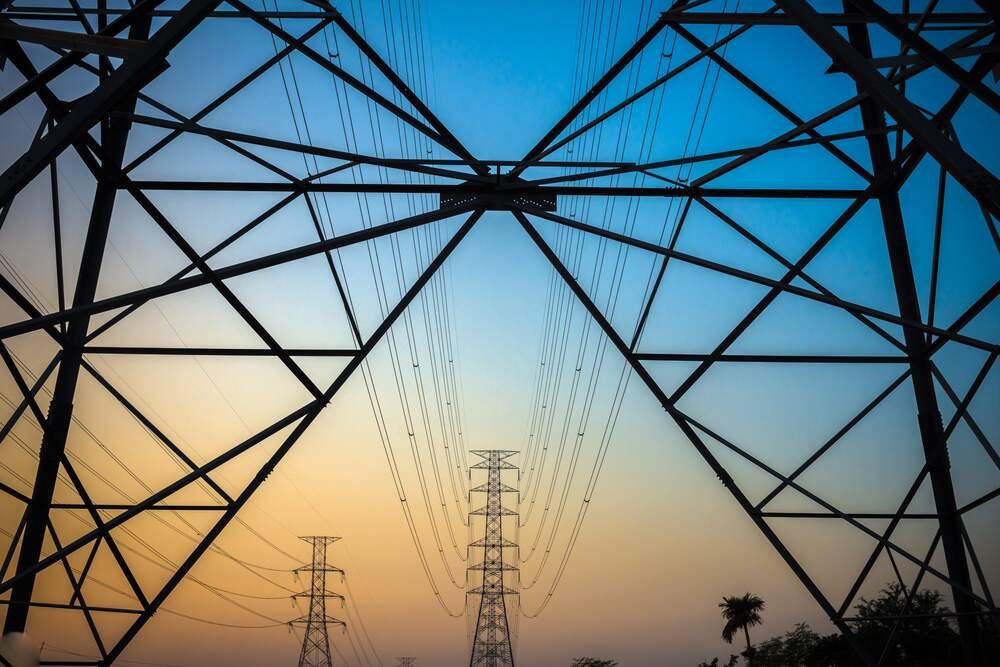Process Insights offers dependable measurement solutions for various gas analysis needs, including untreated gas analysis, custody transfer, flow measurement, energy content determination, fuel contaminant analysis, and gas stream assay. With our cutting-edge technologies, we provide innovative solutions tailored to meet the requirements of different applications.
We recognize the significance of these analyses and strive to deliver accurate and reliable solutions to meet the needs of our customers.
Our cutting-edge technologies empower us to provide innovative solutions tailored to meet the specific requirements of various applications.
By enabling the measurement and characterization of gases generated during combustion, gas analysis facilitates:


AMERICAS: info.americas@process-insights.com
EMEAI (includes India): info.emeai@process-insights.com
APAC: info.apac@process-insights.com
CHINA: info.cn@process-insights.com